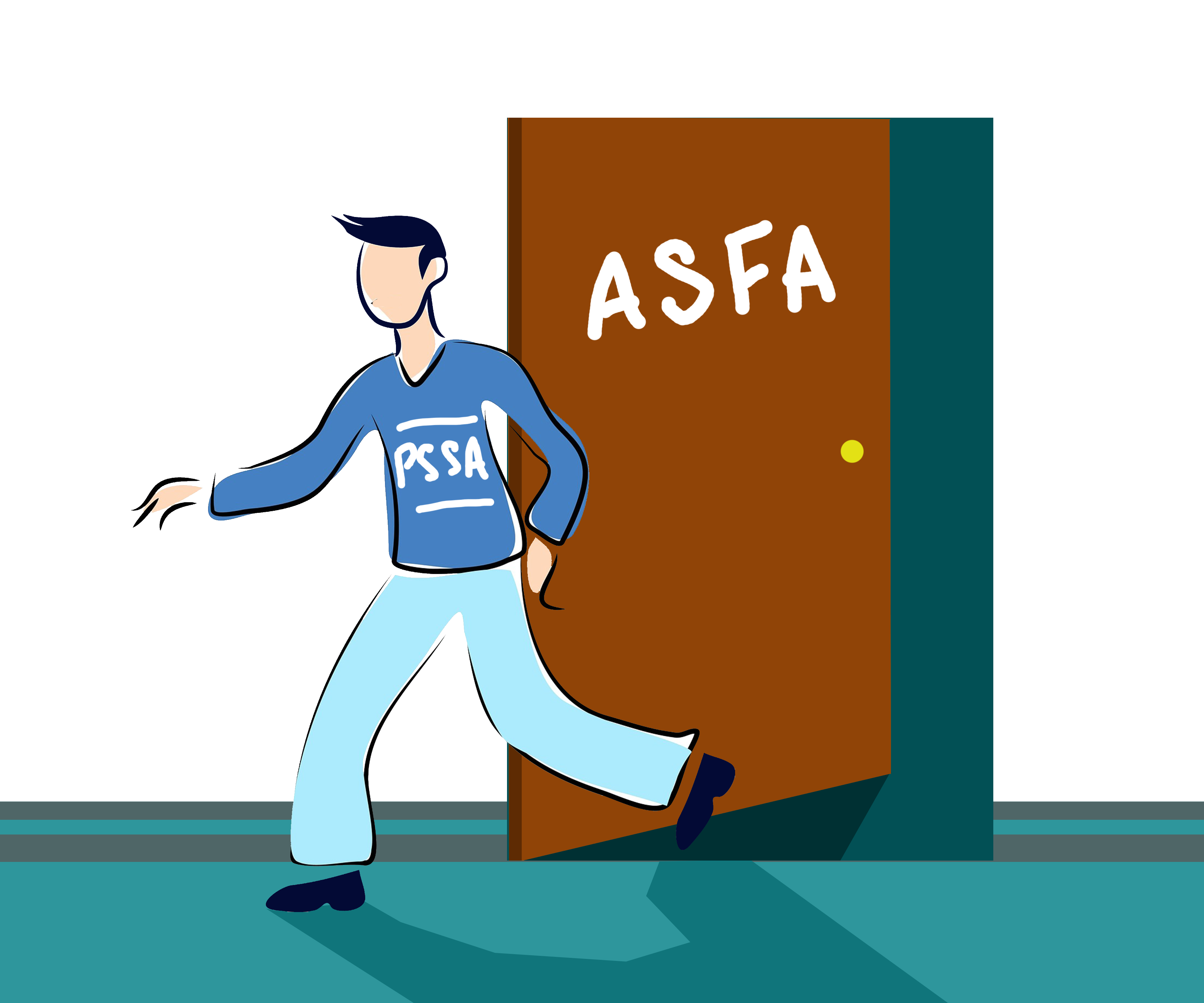PSSA has been planning a separation from ASFA since early 2016
The Political Science Student Association (PSSA) will vote on Feb. 13, during their general assembly, on whether or not they will leave the Arts and Science Federation and Association (ASFA). According to PSSA president Nora Molina, she and the members of her association have been disappointed with the relationship ASFA has been has had with their member associations.
“We want to leave ASFA to have a more [organized] student association,” said Molina. “We are going to have an open discussion with our members to figure out what do we want to do.”
ASFA is currently the largest faculty association at Concordia, representing 15,000 undergraduate students within its 31 member associations.
Molina said ASFA is unorganized with regards to their scheduled office hours, among other things. “We were supposed to have a workshop to help and guide our members in their jobs within the association, but they were never well prepared,” said Molina, who has been involved with her student association for three years now.
According to Molina, being part of ASFA requires a lot of time and effort. “It’s also a weight for us,” she said. “We are associated with the ASFA name, and every time that ASFA does something they should not have done, it involves PSSA into it without us having anything to do with that ‘scandal.’” Independent from ASFA, the PSSA would be able to make their own decisions, such as when it comes to organizing their own workshops, Molina Said.
In February 2016, students from the association voted on whether or not the PSSA would be accredited to be their own association. More than 96 per cent of voters supported PSSA’s decision to legally represent the political science students at Concordia.
The future relation between the PSSA and ASFA will be decided at the PSSA’s general assembly on Feb. 13, where members of the association will vote.
Graphic by Florence Yee
